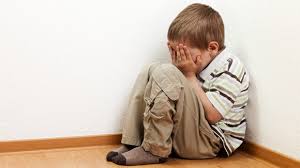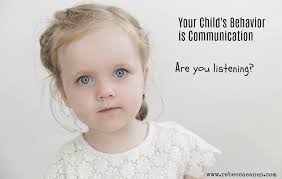WHY DO CHILDREN MISBEHAVE?
“Routine is to a child what walls are to a house; it gives boundaries and dimensions to his life.” Rudolf Dreikurs,
Children: The Challenge
 Sometimes entire families become distressed because a child’s problems are too disruptive. Homework time is full of tears and frustration; bedtime rituals include hour-long stand-offs. Spontaneous weekend fun turns into fighting and pouting.
Sometimes entire families become distressed because a child’s problems are too disruptive. Homework time is full of tears and frustration; bedtime rituals include hour-long stand-offs. Spontaneous weekend fun turns into fighting and pouting.
Parents often come to therapy seeking guidance: “What am I doing wrong?” “Why is he/she acting this way?” Feeling responsible for your child’s problems is a normal sign of caring and investment. It is important to realize that most behavior problems have multiple causes, are usually not anyone’s “fault,” and can be changed for the better.
Children have a PURPOSE behind their behavior. Their goal may be:
- to get attention (feeling unimportant)
- to be the boss (feeling powerless)
- to get even (feeling overly angry)
- to give up and be left alone (feeling inadequate).
Children have a tremendous desire to overcome their deep sense of smallness and inadequacy. In subtle ways by tone of voice and action, we sometimes indicate to the child that we consider him weak, incapable, and generally inferior. We do this by:
- overprotecting her from life’s pains and discomforts
- humiliating her
- comparing her
- criticizing her for imperfection
- fostering over-dependence on others (usually the parents).
Therapy can help identify the motivation, the purpose, to the child’s behavior, and how to address the feeling that motivates the behavior. Children can learn that there are better ways to feel relief from their unpleasant feelings, and more positive ways to get positive attention. Parents can identify the subtle ways that they may be undermining the child and discover more positive parenting approaches.
- develop respect and acceptance for themselves and others.
- learn to experience and express emotions
- replace inappropriate behaviors with more successful behaviors
- find new and creative solutions to problems.
